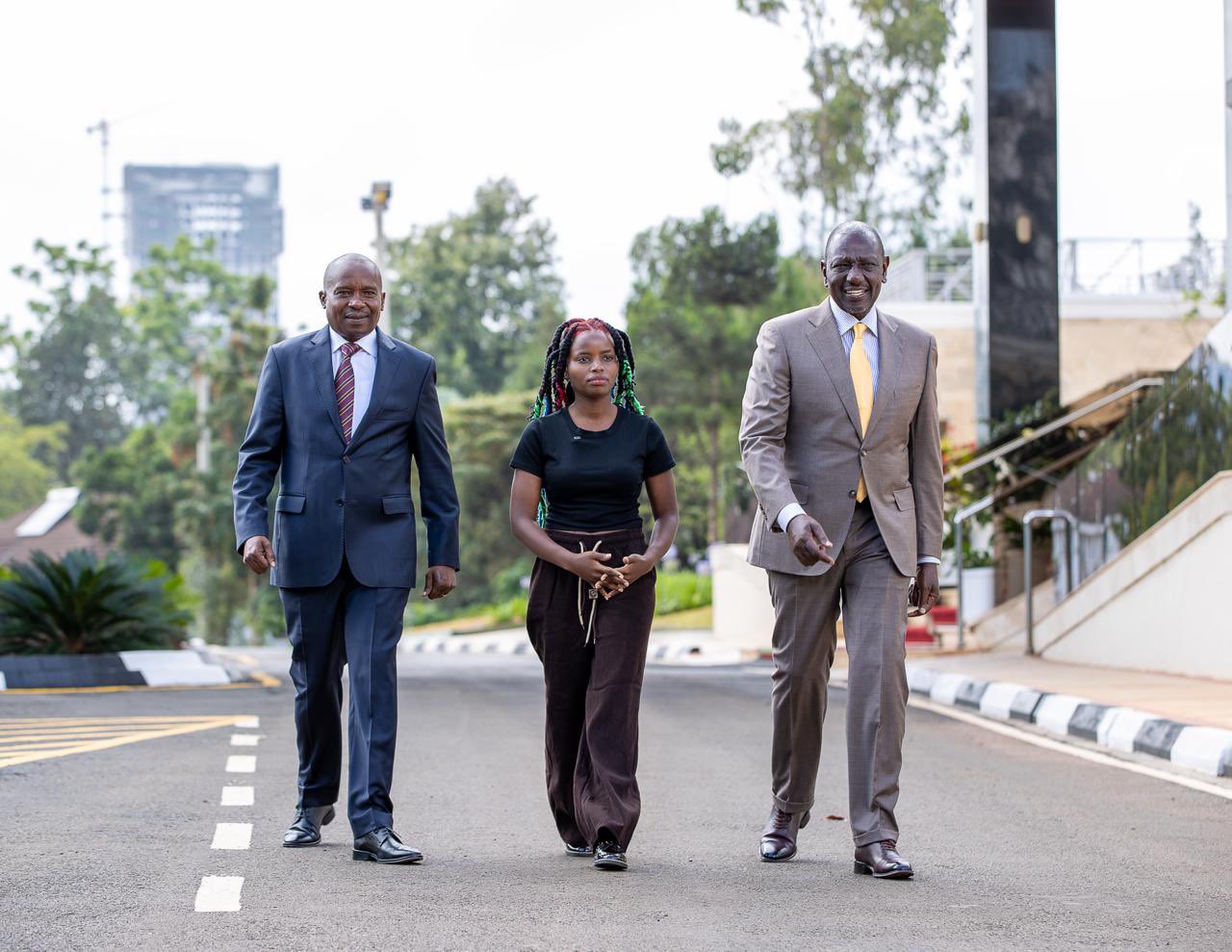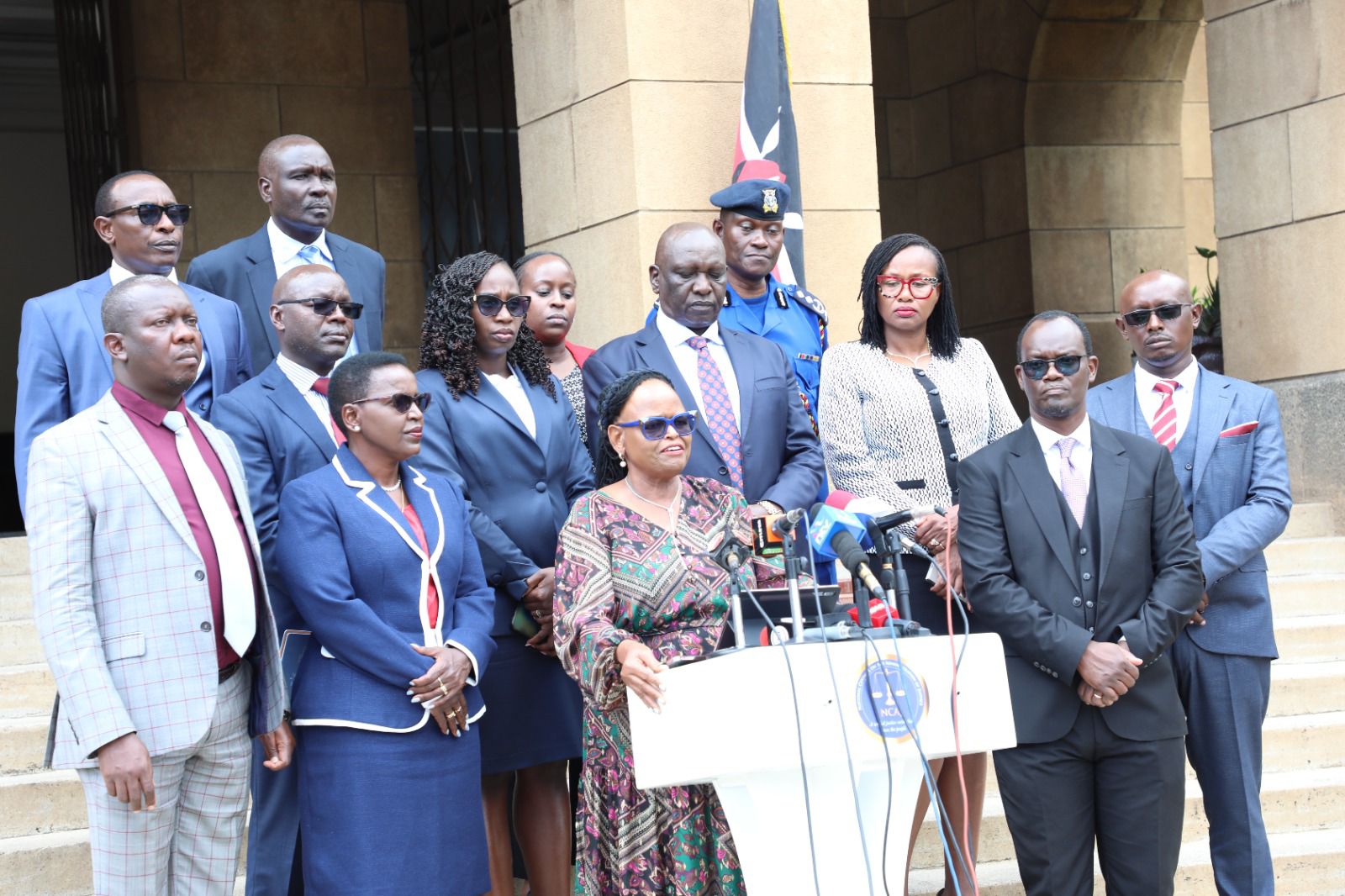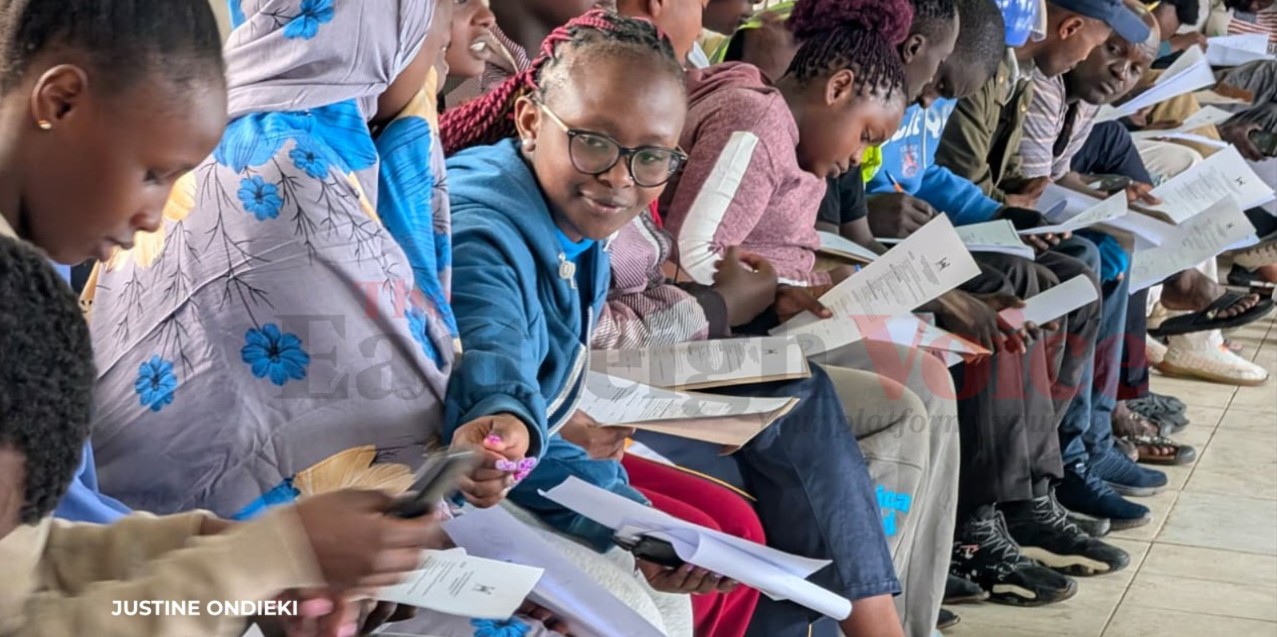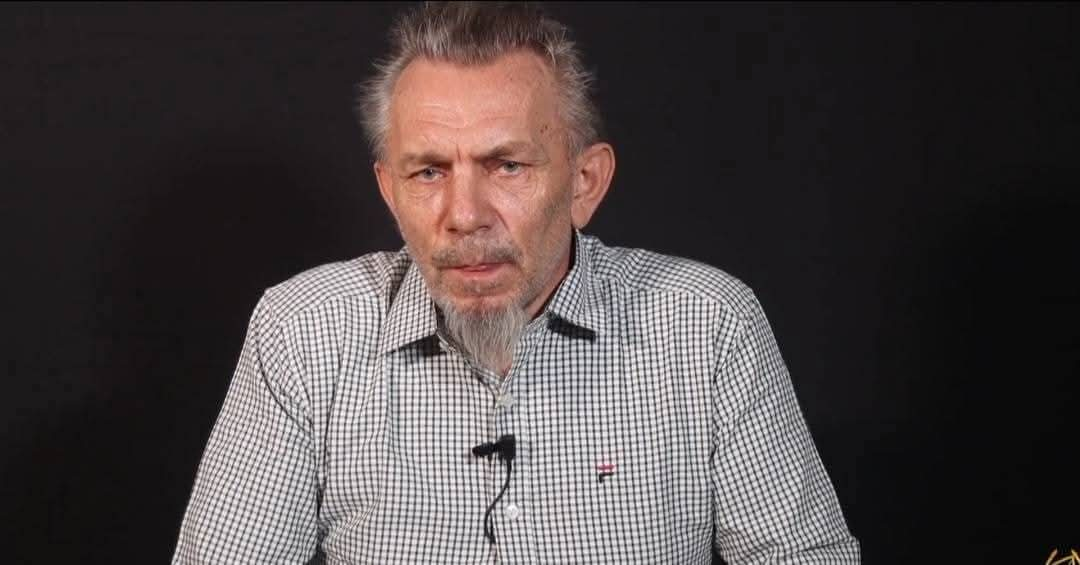Finance Bill protests: Kindiki reads riot act to Kenyans breaking the law
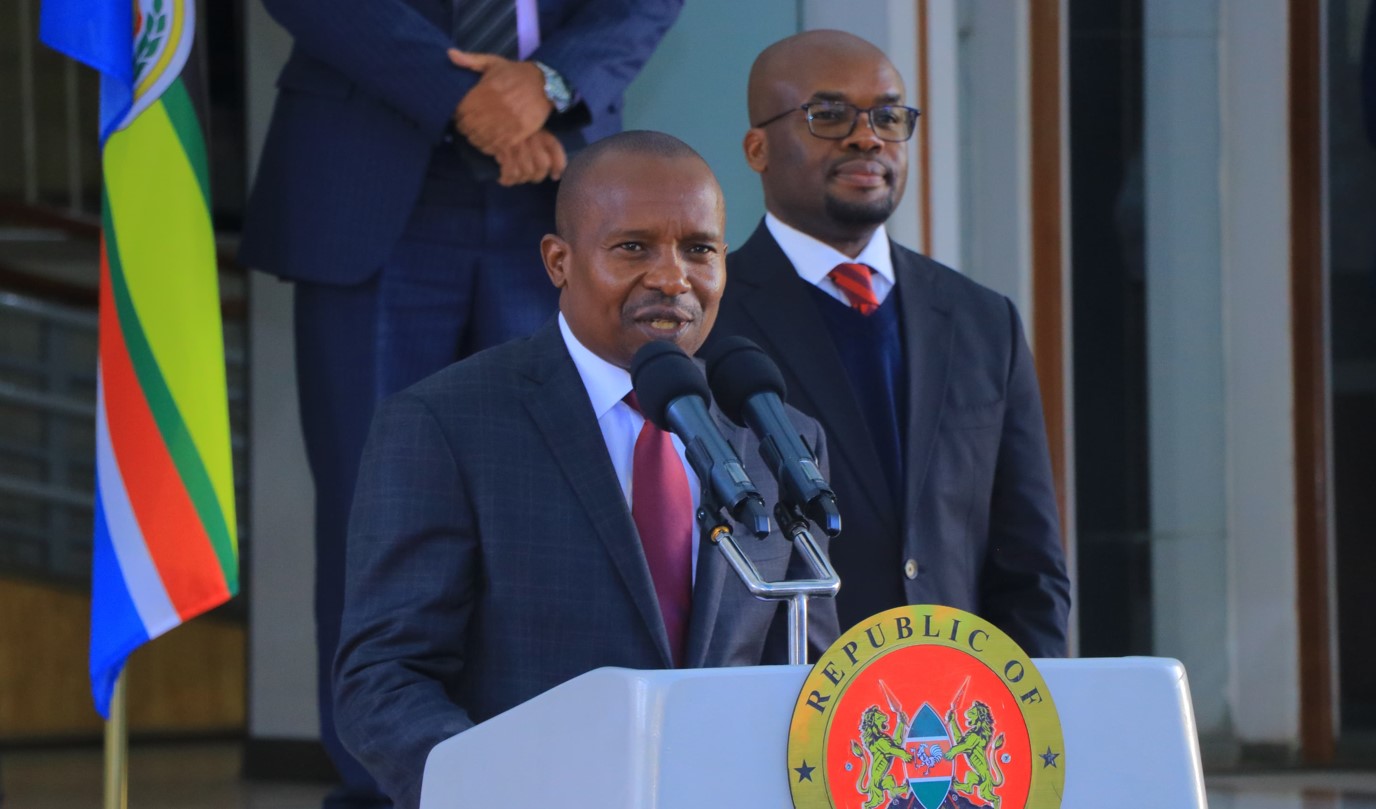
The CS said the right to demonstrate is not the right to riot and that protestors must not breach public order, intimidate, harass or otherwise inconvenience others.
Interior Cabinet Secretary Kithure Kindiki has read the riot act to demonstrators opposing the Finance Bill, 2024, vowing that the police will be firm and decisive in handling lawbreakers.
Speaking at Harambee House in Nairobi on Monday, the CS said the right to demonstrate is not the right to riot and that protestors must not breach public order, intimidate, harass or otherwise inconvenience others.
More To Read
- Police FC seek top spot as Leopards chase derby momentum
- Kindiki unveils Sh1 billion plan to power 6,100 Marsabit homes
- KMTC students to start accessing Helb loans after final talks next week
- Activist moves to appeal ruling on judges’ recusal in Kindiki ouster case
- Chief Justice Koome calls for stronger East Africa judicial collaboration
- Supreme Court to receive title deed by December 25, says DP Kithure Kindiki
"They must demonstrate in a manner likely not to promote riots or inconvenience others not protesting," he said, noting that those with views different from the protesters must also be allowed to exercise their rights.
Noting that the right to picket and present petitions is limited, to protect others' rights, the tough-talking CS further noted that the protestors are expected to inform the police of the routes they plan to take to provide escorts.
“In accordance with the Public Order Act, Cap. 57, of the laws of Kenya, they must not provoke an attack, or injure or obstruct law enforcement officers or even members of the public. They must also follow the escorts and other guidelines of law enforcement officers to ensure they are protected from non-protesters," he said.
The CS also announced that the protestors must stop all demo-related activities at sunset, or 6.30 pm. He noted that they must not obstruct traffic of any kind, block, vandalise or otherwise destroy any private or public property, saying any damaged property will be restored using taxpayer funds.
“We have seen people pretending to be protesters damaging road infrastructure and other amenities built by the taxes and sweat of the people of Kenya. I dare you to try that. We cannot be a country that condones violence in the name of exercising human rights,” he said, warning of arrests.
Kindiki spoke as protesters planned to intensify the protests, with marches taking place countrywide, as the National Assembly votes on the bill, with the next step being assent by President William Ruto.
Thus far, President Ruto has voiced his willingness to hold discussions on the bill but the participants, largely young people in the Gen Z bracket, insist that the bill must be scrapped in its entirety.
The police, as has been the case in the past, have resorted to excessive force to quell the protests and rights groups have condemned their heavy-handedness, especially following the deaths of 29-year-old Rex Masai and 21-year-old Evans Kiratu.
In addition, several well-known activists have been arrested for taking part in or helping to organise the demonstrations, sparking calls by local and international actors for the government to be cautious about its next steps.
Rights organisations and leaders have condemned the acts, asking the authorities to exercise restraint during confrontations as the demonstrators are exercising their constitutional rights.
Meanwhile, at least 27 organisations, including Amnesty International and the Law Society of Kenya (LSK), earlier voiced strong concerns over potential internet and mass media disruptions during this week's demonstrations against the bill.
In a joint statement, the organisations noted that such disruptions could increase national uncertainty and infringe on fundamental human rights. They emphasised the critical role the internet and mass media play in protecting the public's right to information and freedom of expression.
Among the other organisations that signed it were Access Now, Article 19 Eastern Africa, the Police Reforms Working Group, the Bloggers Association of Kenya, the Kenya Human Rights Commission, and the Kenya Medical Association.
Top Stories Today






